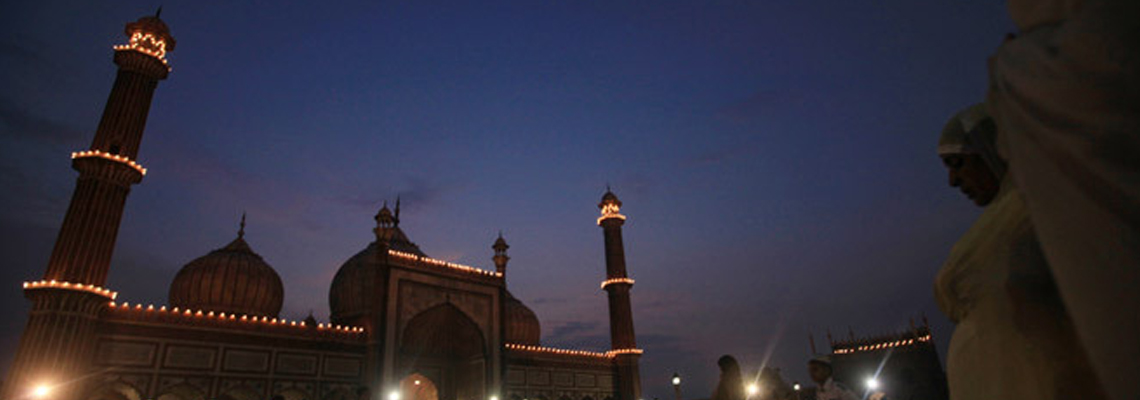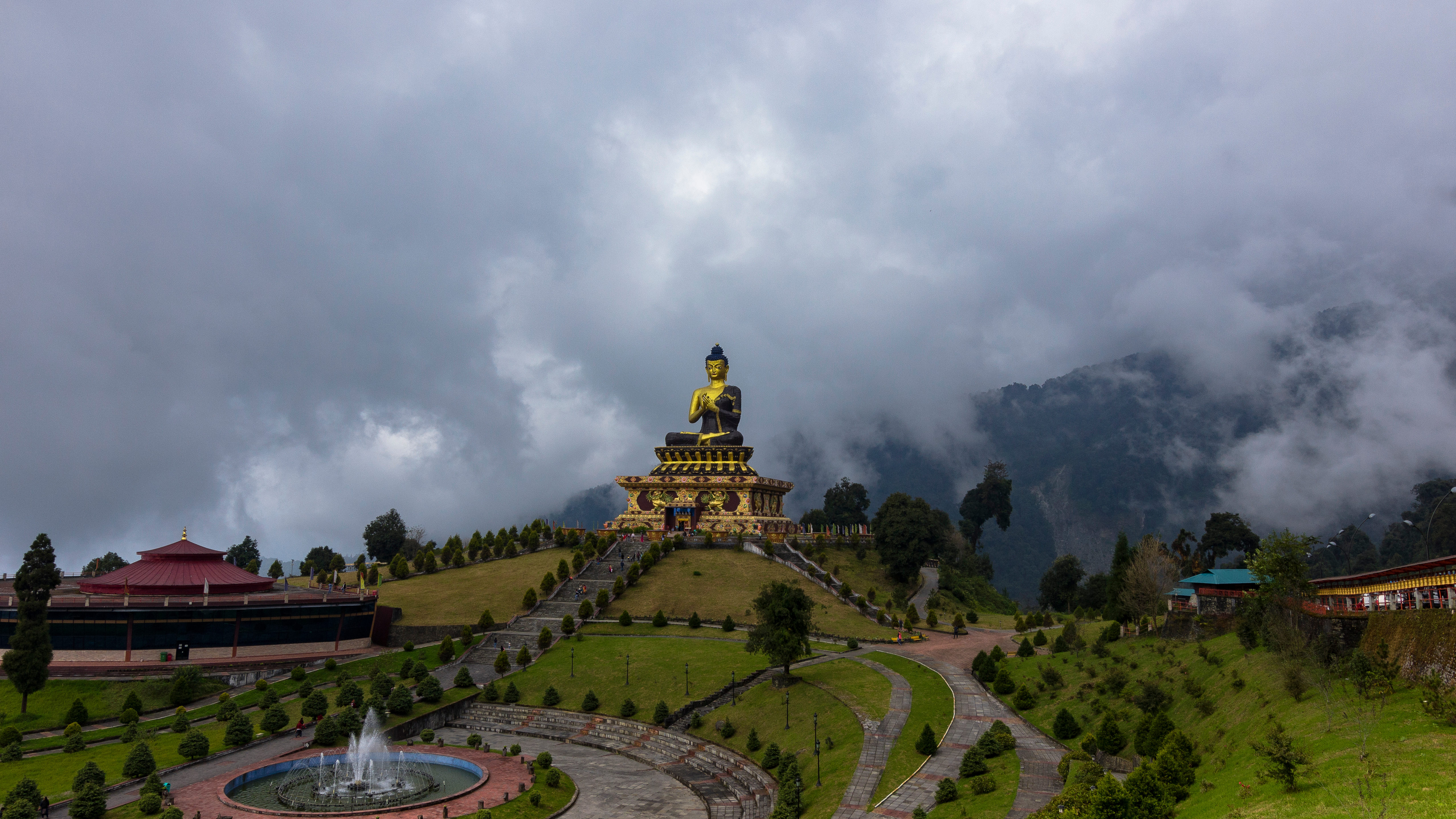Glory and Spirit of Eid
Eid al-Fitr marks the end of the Holy month of Ramadan and is celebrated on a grand scale by 1.5 billion Muslims all across the world. It literally means ‘festival of breaking the fast’ and it is celebrated on the first day of Shawwal month after Ramadan, according to the Islamic calendar. This year it falls on 28th July, 2014 in India. The festival stands for celebrating the religious beliefs with the entire Muslim community and spreading peace & harmony.

It is believed that the first Eid al-Fitr was celebrated in 624 CE after Prophet Muhammad and his associates won the Jang-e-Badar battle. Based on Islamic religious scriptures and teaching, the two most sacred Muslim festivals, Eid al-Fitr and Eid al-Adha were introduced by Prophet Muhammad after coming back from Mecca to Medina.
A full month of Ramadan precedes Eid, during which Muslims practice Sawm (fasting), Zakat (giving alms), Tarawih (prayers) and abstinence from pleasures of daily life. The day starts with Sehri – a pre dawn meal followed by strict fasting throughout the day without food and water. The fast ends with Iftar –the evening meal. After 29-30 days of fasting, Eid is celebrated when the new moon is sighted. It calls for families and friends getting together, exchanging gifts, wearing new clothes, illuminating houses and enjoying a feast
In India, it is celebrated in almost all parts of the country, be it Uttar Pradesh, Andhra Pradesh, Tamil Nadu, Kerala, West Bengal, Maharashtra or Kashmir. Women-folk throng the local marketplaces that come to life with lights and colour on ‘chaand-raat’ or ‘night of the moon’. There is an exciting air in these markets, which stay open through the night in some areas. Hordes of henna artists, bangles and jewellery shop owners, drapers and sweet shop owners make for a busy and colourful sight. People shop to their hearts’ content for the following day which is to be Eid.
On the following morning, the sumptuous spread of Iftari and Eid special delicacies are prepared by the women, while the men go to pray the Eid namaz at the mosque. These celebrations attract and welcome all, irrespective of their religion or age. Sewayian, kebabs, phirni, falooda, and biryani are just a few of the dishes that will catch your attention. That’s why you would find people, regardless of caste, creed or religion, thronging areas like Mohammed Ali Road in Mumbai, Haji Noora & Karim’s in Delhi, Hotel Shadab in Hyderabad to gorge on food during Ramazan and Eid. That’s Incredible India for you!


